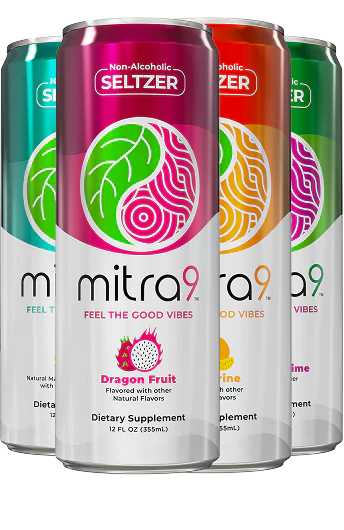Kratom, a tropical tree native to Southeast Asia, has seen a meteoric rise in popularity across the United States. This surge is intriguing, given kratom's complex legal status and the debate surrounding its benefits and potential risks. This article delves into the reasons behind kratom's growing appeal in the U.S., examining its historical roots, perceived health benefits, the role of digital culture in its spread, and the ongoing legal and scientific discussions.
Historical Context and Traditional Use
Kratom (Mitragyna Speciosa) has been used in traditional medicine in Southeast Asia for centuries. Indigenous populations have utilized kratom leaves for their analgesic, antipyretic (fever-reducing), and anti-inflammatory properties. Traditionally, it was chewed fresh or dried and brewed as a tea to combat fatigue, manage discomforts, and aid in overcoming withdrawals. The introduction of kratom to the U.S. market is relatively recent, gaining traction over the past two decades as individuals search for natural alternatives.
Perceived Health Benefits
One of the primary drivers of kratom's popularity in the U.S. is the widespread anecdotal evidence suggesting its potential health benefits. Users often cite kratom as an effective means to manage pain, anxiety, depression, and symptoms of opioid withdrawal. While scientific research on kratom's efficacy and safety is still in its infancy, these personal testimonials have fueled its use among Americans seeking holistic or complementary health approaches.
The Role of Digital Culture
The internet has played a crucial role in the spread of information (and misinformation) about kratom. Online forums, social media platforms, and health blogs have become vital spaces for sharing experiences, advice, and sources for purchasing kratom. This digital word-of-mouth has not only increased awareness but also built a community of users who advocate for its benefits, further propelling its popularity.
Legal and Scientific Landscape
Kratom's legal status in the U.S. is complicated and varies by state. While it remains legal at the federal level, the Drug Enforcement Administration (DEA) has listed it as a "drug of concern." The Food and Drug Administration (FDA) has also issued warnings about its safety, citing concerns over potential addiction, abuse, and health risks. However, these warnings have arguably only heightened interest in kratom, with proponents often viewing it as a safer alternative to prescription opioids and an overregulated government attempting to limit access to natural remedies.
Ongoing Research and Debate
The scientific and medical communities are actively studying kratom to better understand its effects, benefits, and risks. Preliminary research suggests that kratom's active compounds, mitragynine, and 7-hydroxymitragynine, interact with receptors in the brain, which could explain its discomfort-relieving and mood-enhancing effects. However, the lack of comprehensive clinical trials means that much of the discussion around kratom is still speculative.
Conclusion
Kratom's popularity in the United States can be attributed to a combination of its traditional use in Southeast Asia, anecdotal evidence of its health benefits, the influence of digital culture, and the ongoing legal and scientific debates. As interest in natural and alternative medicines continues to grow, kratom's presence in the American health and wellness landscape is likely to expand. However, this growth underscores the need for more rigorous scientific research to fully understand kratom's effects and ensure its safe use. As the conversation around kratom evolves, it is crucial for users, healthcare providers, and regulators to rely on evidence-based information to navigate the complexities surrounding this controversial plant.
DISCLAIMER: These statements and products presented on this website have not been evaluated by the Food and Drug Administration FDA. The products mentioned on this website are not intended to diagnose, prevent, treat or cure any diseases or health conditions. Therefore any information on this website is presented solely as the opinions of their respective authorswho in which do not claim in any way shape or form to be medical professionals providing medical advice. Mitra-9.com and its owners or employees cannot be held responsible for, and will not be liablefor the inaccuracy or application of any information whatsoever hereinprovided. By purchasing our products you agree that you are aware andin compliance with your local county, state, or federal regulations. Mustbe 21 years or older to purchase Kratom. The US FDA has not approvedkratom as a dietary supplement. We do not ship to the following states,cities and counties in the US where Kratom is banned: Alabama,Arkansas, Indiana, Rhode Island, Vermont, Wisconsin, Sarasota County, FL, Union County, MS, San Diego, CA, Jerseyville, IL, Oceanside, CA, and Ontario, OR. Furthermore, Kratom is also banned in the following countries where shipment cannot be executed: Australia, Burma, Denmark, Finland, Israel, Lithuania, Malaysia, Myanmar, Poland,Romania, South Korea, Sweden, Thailand, United Kingdom, Vietnam.


























































